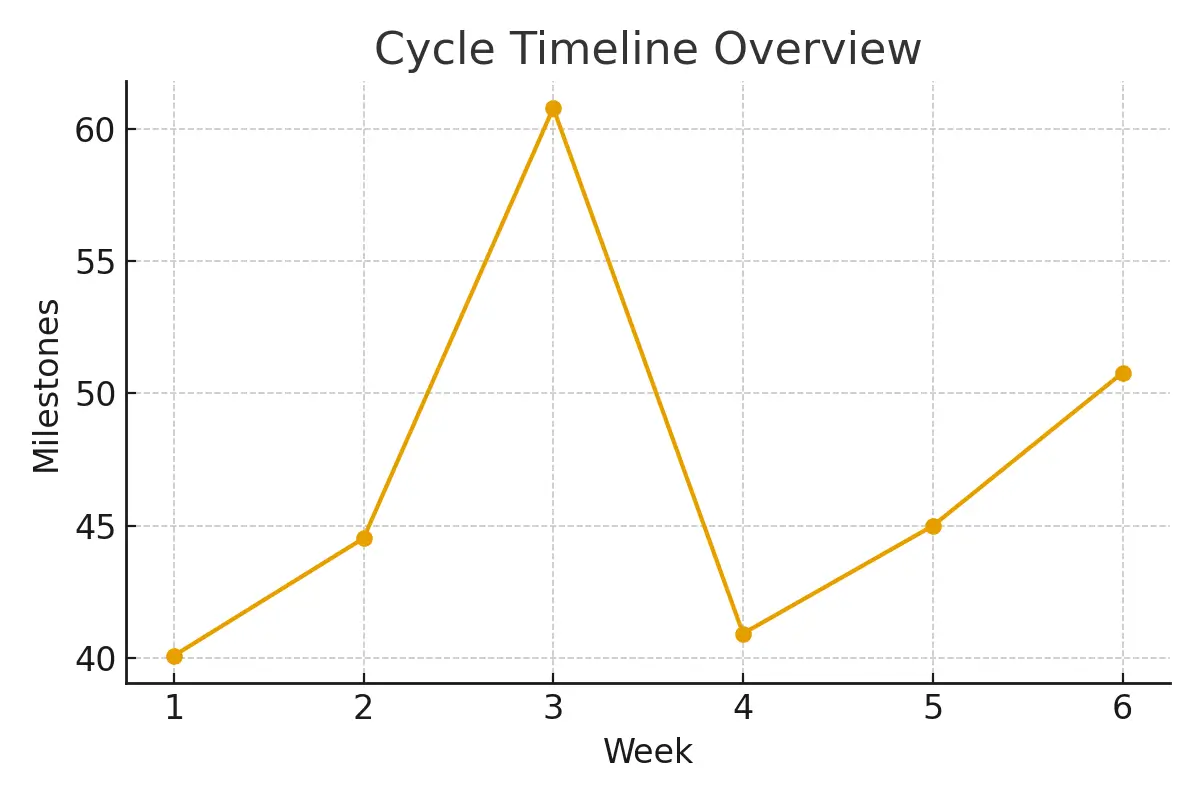
Choosing the right fertility clinic is one of the most important decisions on your IVF journey. With many options in NYC, it can feel overwhelming to know where to start, what to ask, and how to measure your chances of success. This guide walks you through the key questions to ask and the factors that can influence your IVF success rates, costs, and overall patient journey.
Understanding IVF and Where It Fits in the Fertility Journey
In vitro fertilization (IVF) is a fertility treatment that helps individuals and couples conceive when natural conception isn’t possible or has been unsuccessful. It involves retrieving eggs, fertilizing them in a lab, and transferring healthy embryos back to the uterus.
This stage usually comes after initial fertility testing, medication cycles, or intrauterine insemination (IUI). For those facing unexplained infertility, blocked tubes, advanced maternal age, or male factor infertility, IVF often becomes a practical next step.
When to Consider IVF or Pause Treatment
Knowing when to escalate to IVF or take a break is part of smart fertility planning. If you’ve been trying to conceive for over a year (or six months if you’re over 35), it’s time to consult a fertility specialist.
You may also consider IVF sooner if you’ve had recurrent pregnancy loss, poor ovarian reserve, or genetic concerns. On the other hand, pausing treatment to regroup emotionally or financially is perfectly valid — fertility care is both a medical and personal journey.
Step-by-Step IVF Process and Timing
The IVF process involves several stages, each with its own timing checkpoints:
- Ovarian Stimulation: Medications help produce multiple mature eggs.
- Egg Retrieval: Performed under light anesthesia to collect the eggs.
- Fertilization: Eggs and sperm are combined in a lab.
- Embryo Culture: Embryos develop for 3–5 days.
- Transfer or Freezing: The best embryos are transferred to the uterus or frozen for later use.
Timing and coordination matter. Protecting consistency between cycles, appointments, and lab monitoring directly improves IVF success rates.
Expert Insight:
“Protect timing and keep plans simple—quality improves when noise goes down.” — Clinical Team
Pros, Cons, and Realistic Costs of IVF
IVF offers one of the highest success rates among fertility treatments, but it also involves financial and emotional investment.
Pros
- High success rates per cycle, especially with embryo testing
- Enables genetic screening (PGT-A) for healthier embryos
- Option for single embryo transfer to minimize multiple risks
Cons
- Physically and emotionally demanding
- Costs can vary widely
- Results depend on multiple factors, like age and egg quality
IVF Cost Breakdown (Approximate in NYC):
- Consultations & Lab Work: $500 – $1,500
- Medications: $3,000 – $6,000
- Retrieval & Lab Fees: $8,000 – $12,000
- Genetic Testing (optional): $2,000 – $5,000
- Embryo Transfer: $3,000 – $5,000
While total fertility treatment costs can reach $20,000 or more per cycle, many clinics offer financial counseling or package pricing to ease the burden.
Key Outcome Drivers: What You Control vs. What You Monitor
Every IVF journey combines medical precision with personal factors.
You Can Control:
- Medication adherence and lifestyle habits (nutrition, sleep, stress)
- Communication with your clinic team
- Scheduling and following stimulation protocols
You Monitor:
- Egg quality and number retrieved
- Embryo development rate
- Hormone levels and uterine lining thickness
These indicators help your care team adjust medications, optimize timing, and boost overall success rates.
Questions to Ask Your Fertility Clinic
Before starting IVF in NYC, prepare a list of questions to guide your consultation:
- What is your clinic’s success rate for my age group?
- How many IVF cycles do most patients need to achieve pregnancy?
- What are the expected costs, and what is included?
- Who will be my main point of contact throughout the process?
- How do you support emotional well-being during treatment?
Patient Case Study:
A couple from NYC moved from uncertainty to clarity by aligning logistics, expectations, and treatment timelines. Their focused plan improved predictability and outcomes.
Testimonials:
- “The steps finally made sense.” — A. & J., Manhattan
- “Costs were clear; no surprise bills.” — L., Hoboken
- “Nurses replied fast with practical coaching.” — K. & V., Queens
Next Steps with Surrogacy4All NYC
At Surrogacy4All, we help patients navigate their fertility journey with clarity, compassion, and transparency. Whether you’re just starting or ready for IVF, our team provides a free 15-minute nurse consultation, lab upload review, and personalized cost breakdown for your case.
If you’re seeking trusted guidance for IVF in NYC, connect with Surrogacy4All and take the next confident step toward parenthood.
Frequently Asked Questions (FAQs)
Q. What affects IVF success rates the most?
Ans : Age, egg quality, sperm health, and embryo grading play major roles in determining IVF outcomes.
Q, How many IVF cycles are typically needed for success?
Ans : Many patients achieve pregnancy within 2–3 cycles, though cumulative success improves with persistence and optimized protocols.
Q. How do I estimate my total IVF costs in NYC?
Ans :Costs vary by medication, testing, and lab procedures. Ask for an itemized estimate and discuss package options with your clinic.
Q. Is IVF emotionally difficult?
Ans : It can be. Many clinics, including Surrogacy4All, offer counseling and emotional support to help patients manage stress and expectations.
Q. What makes a good fertility clinic?
Ans : Look for clinics with transparent costs, strong success rates, responsive staff, and a patient-centered philosophy.

Dr. Kulsoom Baloch
Dr. Kulsoom Baloch is a dedicated donor coordinator at Egg Donors, leveraging her extensive background in medicine and public health. She holds an MBBS from Ziauddin University, Pakistan, and an MPH from Hofstra University, New York. With three years of clinical experience at prominent hospitals in Karachi, Pakistan, Dr. Baloch has honed her skills in patient care and medical research.





